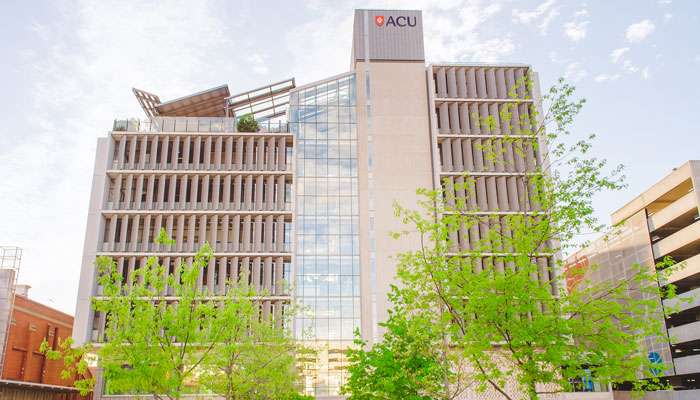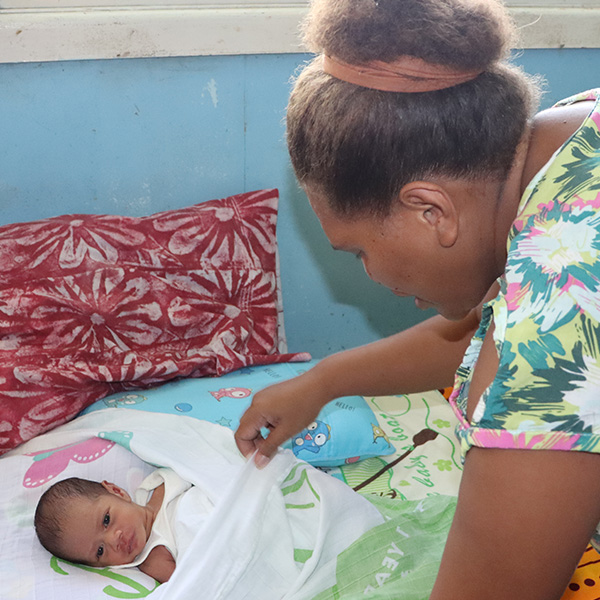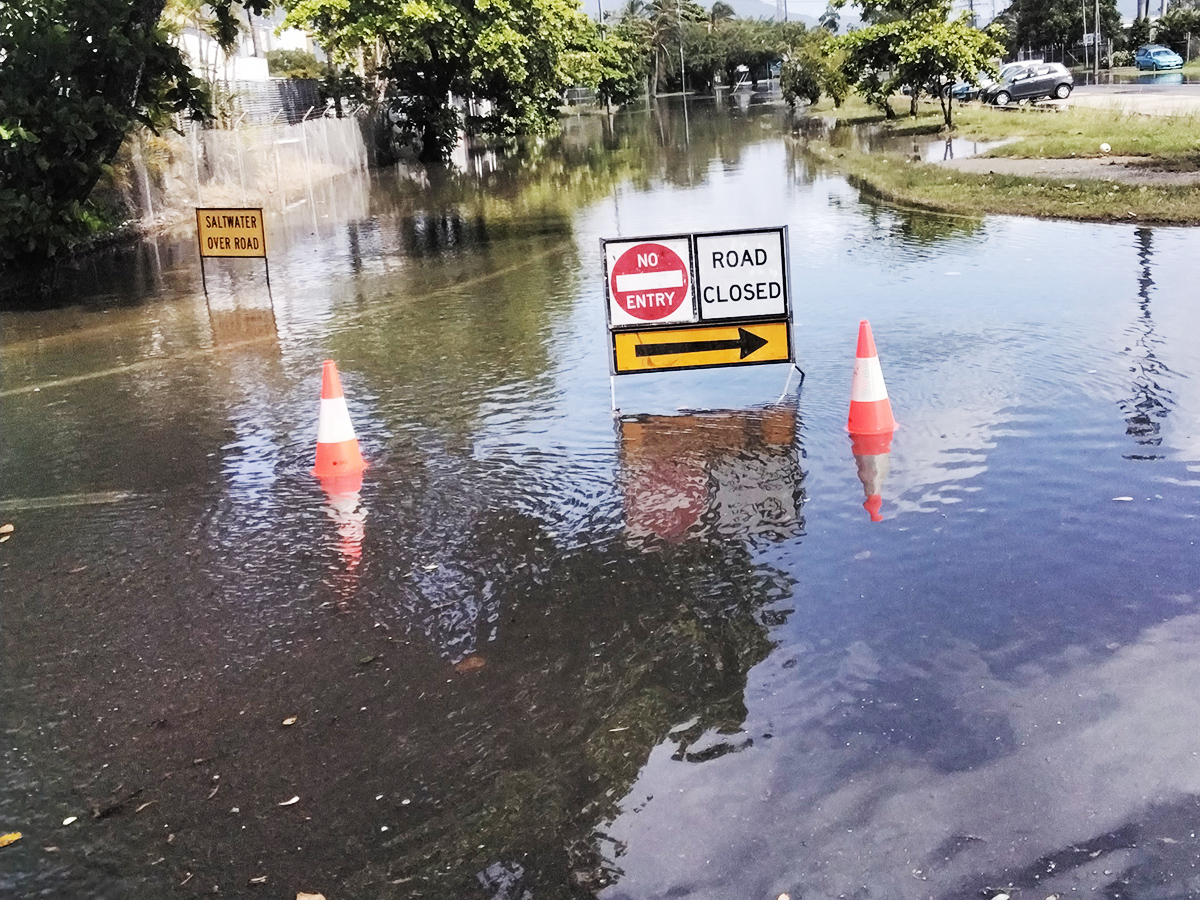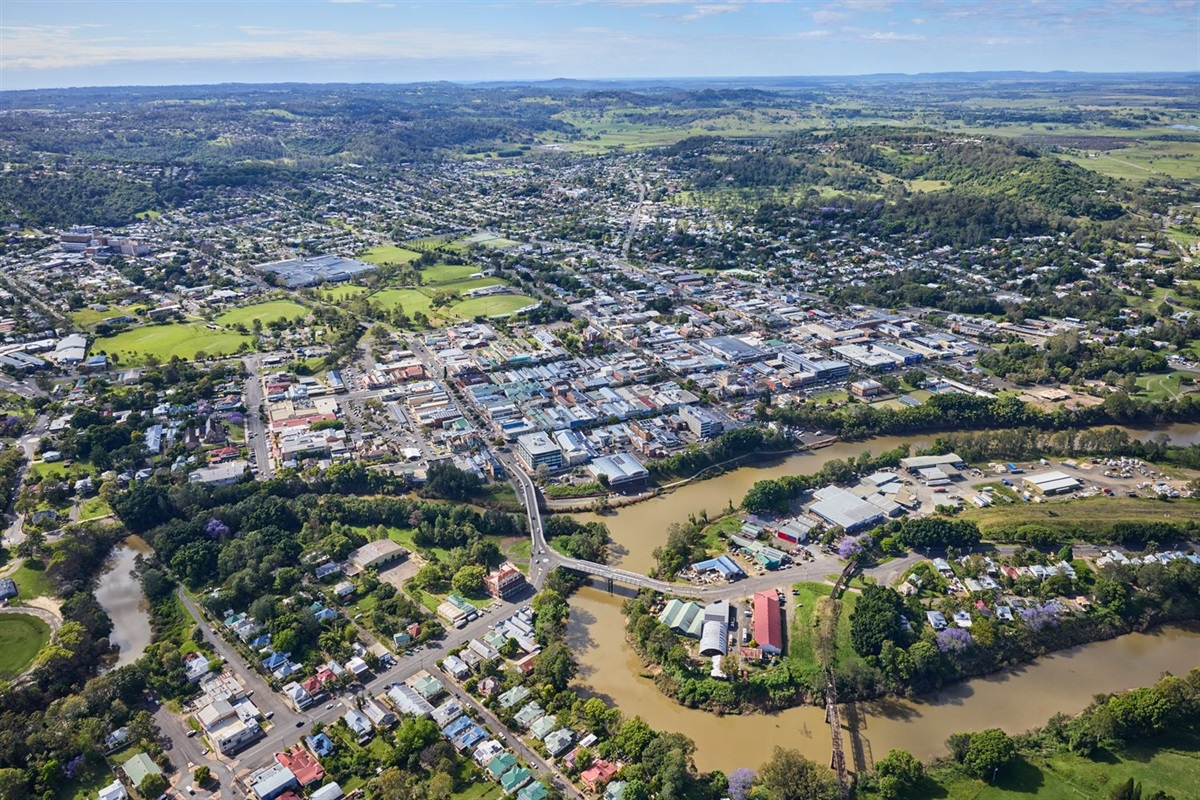A fourth-generation farmer says he’s lucky to be alive after a stroke at the beginning of this month.
Neil Baker, a beef and pork farmer from Tweed Valley was preparing for another day on the land his family has worked on for more than a century when he began to feel unwell.
“I went to get out of the truck, but I couldn’t stand up properly, I called my wife to say I think I’m having a stroke, but all my words were slurred. It took me about four or five attempts to dial her number,” Neil said.
“It all went downhill within the hour, I started to feel really confused, I couldn’t move my right side and my face started to droop.”
The 59-year-old was taken to Tweed Hospital where he received state of the art clot-busting medication via a Telehealth consultation with a Sydney-based doctor.
“The next morning, I woke up and everything was back to normal. It was remarkable. I had all my function back in my righthand side and was completely back to myself,” he said.
“My message to others is to seek help if you think you might be having a stroke. Us blokes sometimes think we’re invincible, no one ever thinks it’s going to happen to them.
“This experience has taught me that time is of the essence when it comes to stroke. You might think you’re fit and healthy, but stroke can happen to anyone.”
Stroke Foundation Chief Executive Officer Dr Lisa Murphy said regional Australians are 17 per cent more likely to have a stroke than their metropolitan counterparts.
“When a stroke strikes, it attacks up to 1.9 million brain cells per minute. Neil did the right thing by calling his wife for help and getting to hospital for treatment within that crucial golden hour,” Dr Murphy said.
“Call triple zero at the first sign of stroke. This vital action is the first step in helping someone get the time-critical medical help they need. It gives them the best chance of a good outcome.”
Neil is among the 145,000 stroke survivors living in New South Wales. His message to others is to act F.A.S.T and learn the acronym to save someone else’s life.
- FACE – has their mouth drooped?
- ARMS – Can they lift both arms?
- SPEECH – Is their speech slurred?
- TIME is critical. If any of these signs appears, call 000 immediately.








